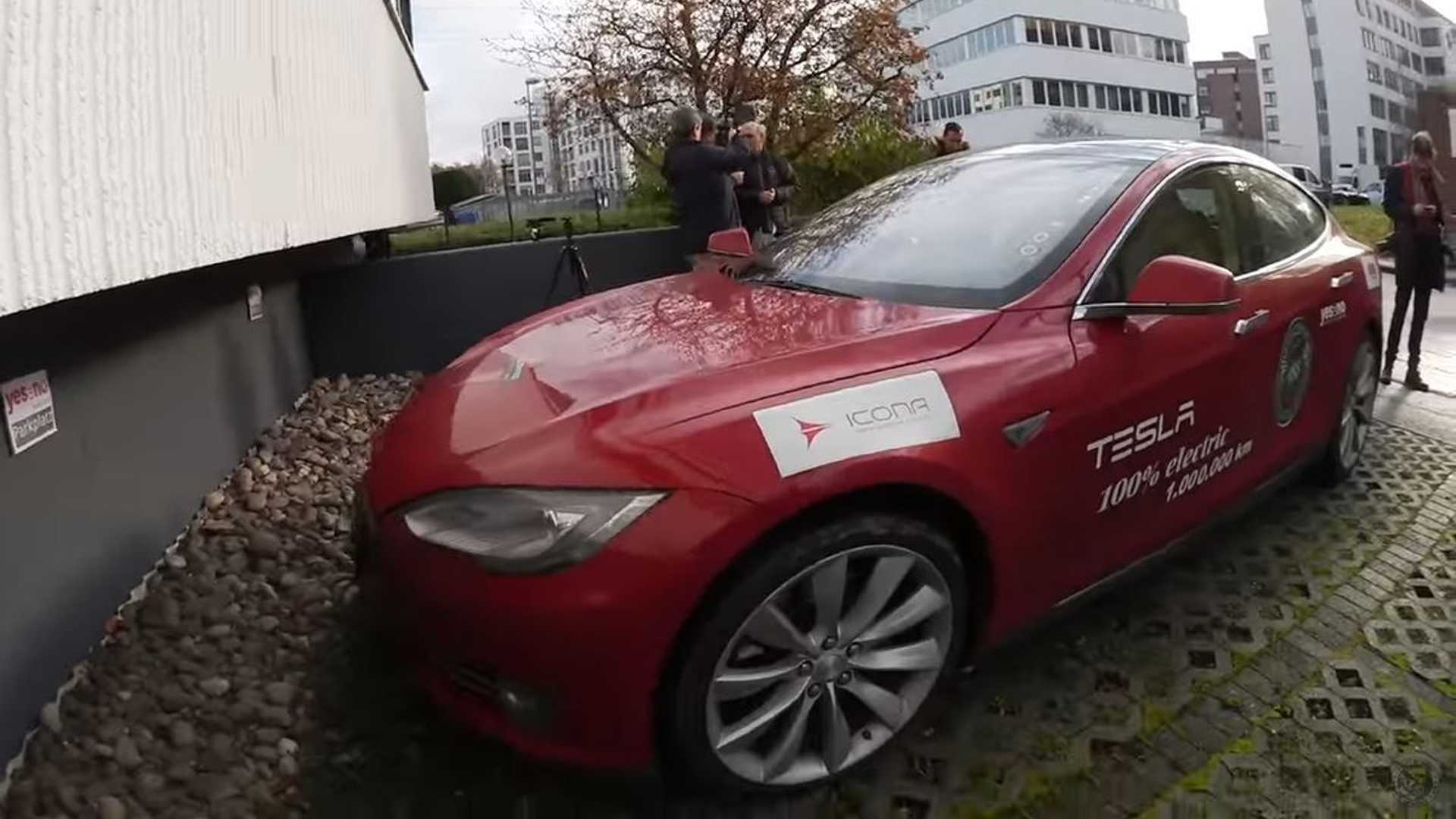Straight from youur article...
Here's some numbers for you to crunch, if you can...
It appears he purchased his current car in 2014. (Correct me if I'm wrong)
That's 8 years ago and the article states he has replaced the motor 8 times.
EIGHT times he has replaced the motor in 1,600,000. That's 1 new motor every 200,000 miles, which also adds up to 1 motor every year. Impressive for sure.
Now let's look at another number...
Battery life.
According to a giggle search, the average testla battery lasts 100,000 miles.
But the article only states that he has replaced his battery "at least twice" (That's vague and misleading)
If you can do the math, it should come out to 16 battery replacements. And if he has owned the car for 8 years: That's a new battery every 6 months...along with a new motor with every other battery change.
That's twice as impressive.
So much for that "low maintenance " statement.
And I thought my annual oil change was bad...(not really)
So let's crunch a few more numbers, if your still able....
Charging times and mile range per charge:
Another search revealed 400 miles per charge on Testlas. And that's the high side
With a 120V system it takes 12 hours to charge a battery that has traveled 400 miles. That works out to roughly 1/2 the day or week or month or year spent charging. Let's keep it simple and use one day for this calculation.
If the range is 400 miles per charge and he has 12 hours that it's not on charge that means he can average 33.3 mph.
Let's call it 33mph and let also say he averages 66mph for 6 hours of driving. That gives him 6 hours to not be driving and doing other life functions.
So that's 400 miles per our 24 hour day if he drives 6 hours at 66mph.
400 miles per day, per charge X 30 days per month. That's 12,000 miles per month. Do the math to double check me here. I don't want to lose anybody.
12,000 miles per month X 12 months gives us 144,000 miles per year.
Considering the car is 8 years old:
That's 144,000 X 8 = 1,152,000 miles in 8 years. That's not considering the motor change every year and battery change every 6 months.
Granted I'm not a whiz-bang at numbers, but what's being claimed and what the numbers add up to don't leave much time for anything but charging and driving.
And the piled up junk motors and stack of wasted batteries, sure ain't a reduction in pollution.
But, I'm sure it will make Guinness World records....for waste..








